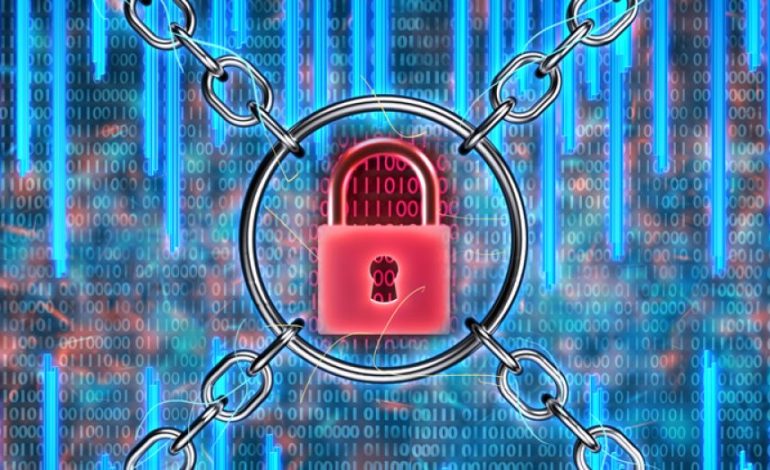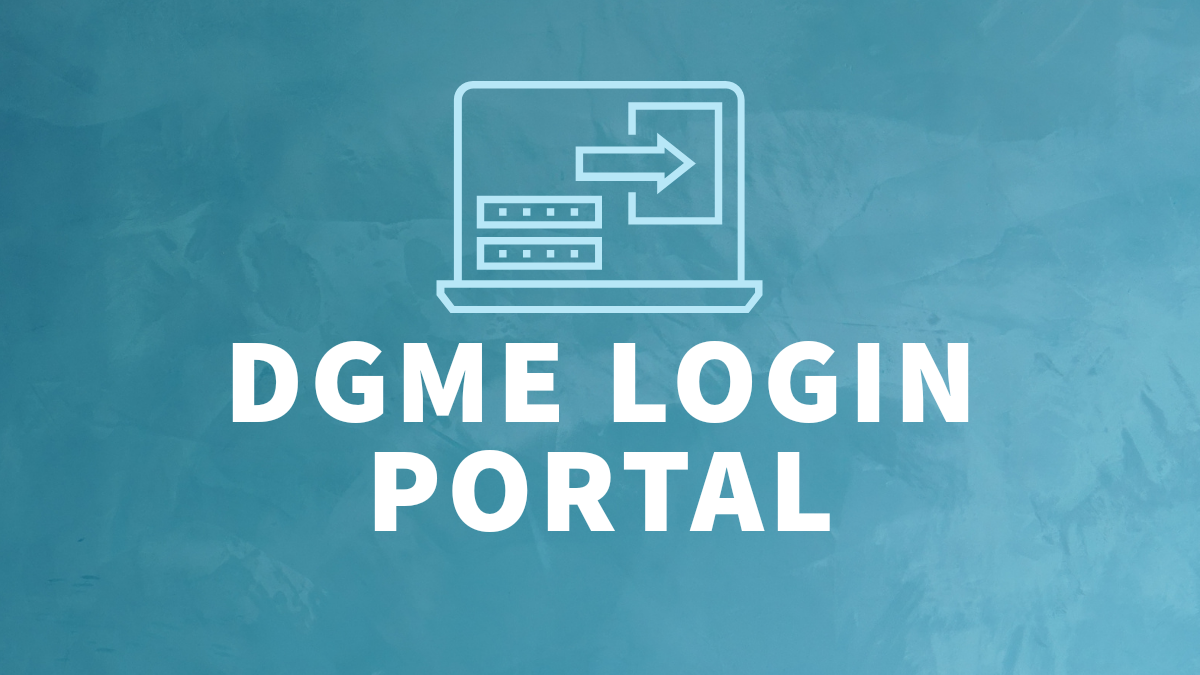
With the prevalence of technology, and its everyday use, criminals have also turned their hand to cyber crime. Ransomware has emerged as a pervasive menace to businesses worldwide, inflicting severe financial losses, operational disruptions, and reputational harm. This blog will explore the profound impact ransomware can have on a business and outline crucial preventative measures to fortify against this threat effectively.
Understanding Ransomware
Ransomware stands as a malicious software breed engineered to prevent access to computer systems or specific files until a ransom is paid. Typically infiltrating systems via phishing emails, malicious attachments, or software vulnerabilities, ransomware encrypts files, holding them hostage until the victim complies with the attacker’s demands. The SonicWall Firewall TZ Series offers robust cybersecurity protection for businesses through advanced features and comprehensive threat prevention capabilities.
Devastating Effects on Business
- Financial Losses: Ransomware attacks can wreak havoc on a business’s finances, encompassing downtime costs, diminished productivity, and potential ransom payments. Additional expenses may surface for system restoration, forensic investigations, and security reinforcements, amplifying the financial toll.
- Operational Disruptions: The operational fallout of ransomware is profound, with critical files and systems held hostage, impeding employee access to essential data and applications. This disruption cascades into workflow bottlenecks, project delays, and compromised customer service standards.
- Reputational Damage: A ransomware incident casts a shadow over a company’s reputation, eroding customer trust and confidence in its data security capabilities. Public disclosure of a breach invites negative media scrutiny, further undermining the company’s brand integrity and market standing.
- Legal and Regulatory Ramifications: Ransomware-triggered data breaches may subject businesses to legal and regulatory repercussions for inadequate data protection measures. Non-compliance with data privacy laws can lead to hefty fines, litigation, and regulatory sanctions.
Preventative Measures to Take
- Employee Training and Awareness: Bolstering employee awareness through training on ransomware risks and phishing email identification is paramount. Encourage vigilant behavior in scrutinizing email attachments and links to thwart potential ransomware entry points.
- Implement Robust Security Measures: Deploying comprehensive cybersecurity solutions, including antivirus software, intrusion detection systems, and firewalls, strengthens defenses against ransomware infiltration. Regular software updates and patching mitigate exploitable vulnerabilities favored by attackers.
- Backup and Recovery Planning: Instituting routine backups of critical data, stored securely off-site, is indispensable in mitigating ransomware impact. If there is an attack, businesses can restore encrypted files from backups, circumventing ransom payments to adversaries.
- Develop an Incident Response Plan: Crafting a detailed incident response plan delineating steps for ransomware containment, stakeholder notification, and collaboration with law enforcement and cybersecurity experts is essential. A structured response strategy minimizes chaos and facilitates swift recovery efforts.
Conclusion
Ransomware represents a formidable threat to businesses, wielding potential devastation in financial, operational, and reputational realms. By proactively fortifying cybersecurity defenses through employee education, robust security measures, backup protocols, and incident response planning, businesses can erect formidable barriers against ransomware assaults. Remember, proactive prevention is the linchpin in shielding your business from the crippling aftermath of ransomware attacks.








